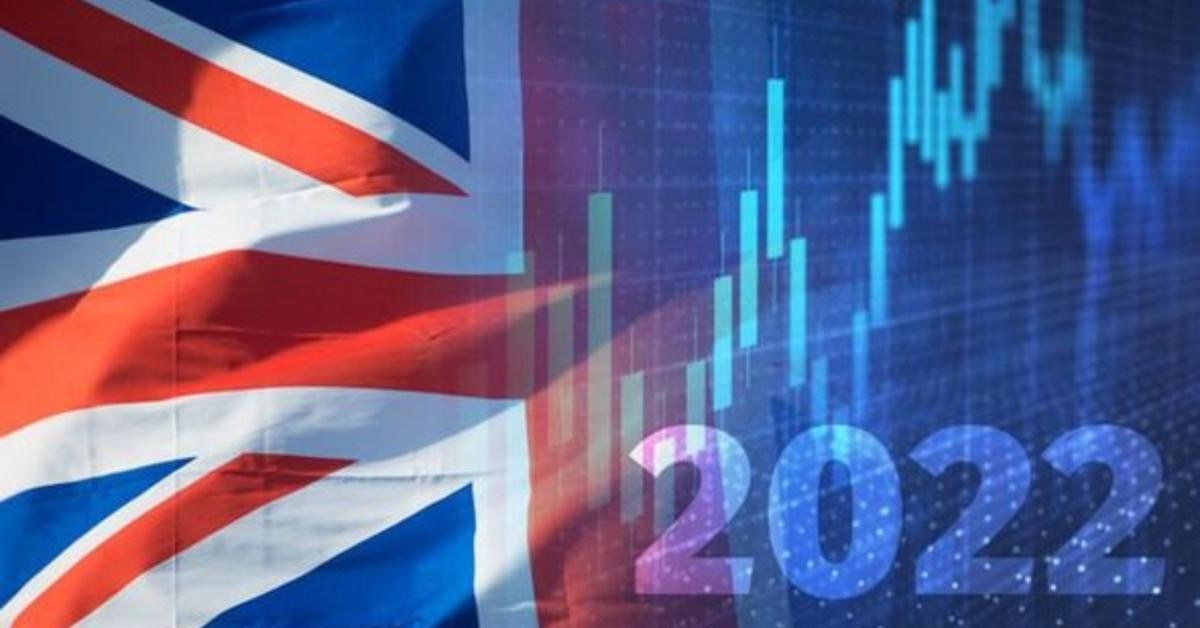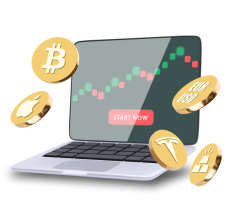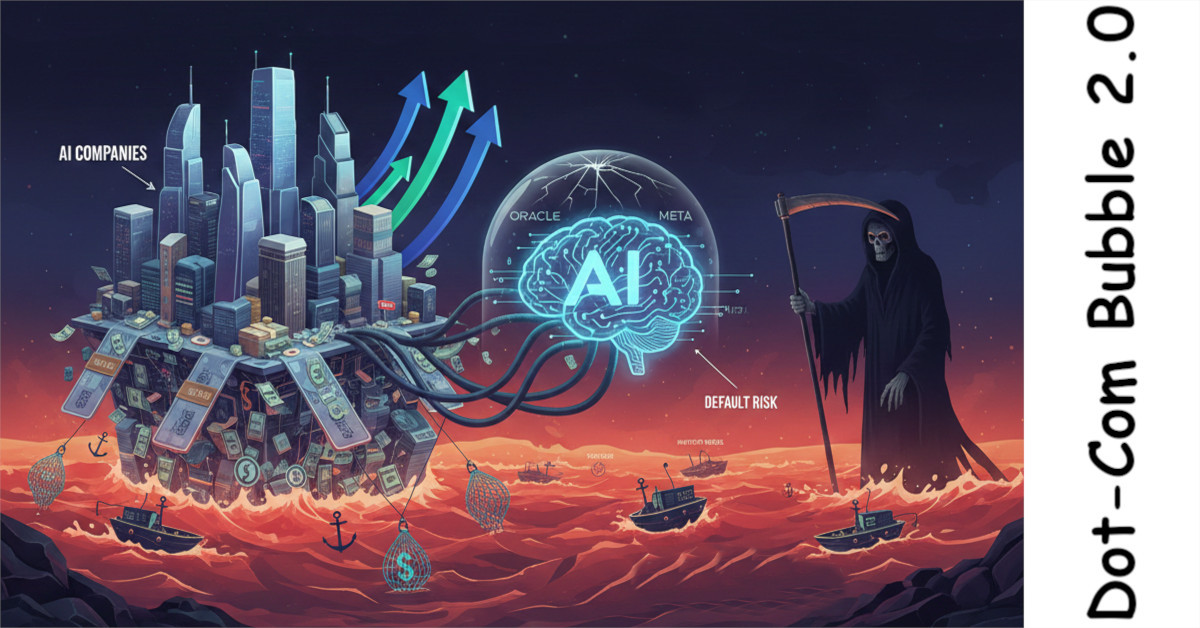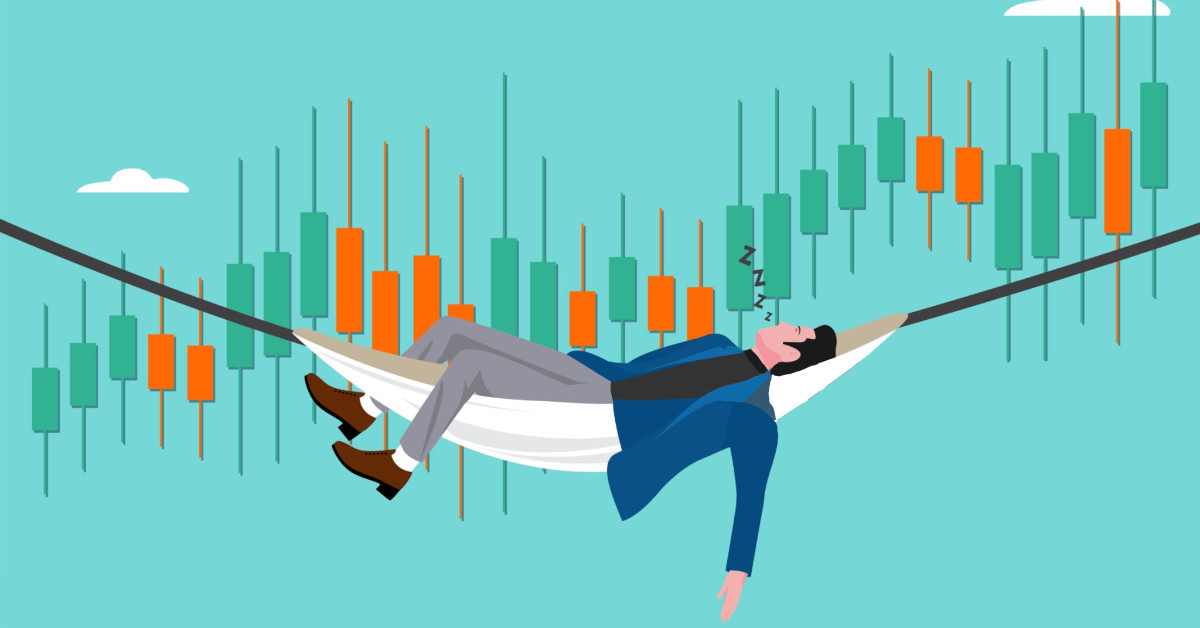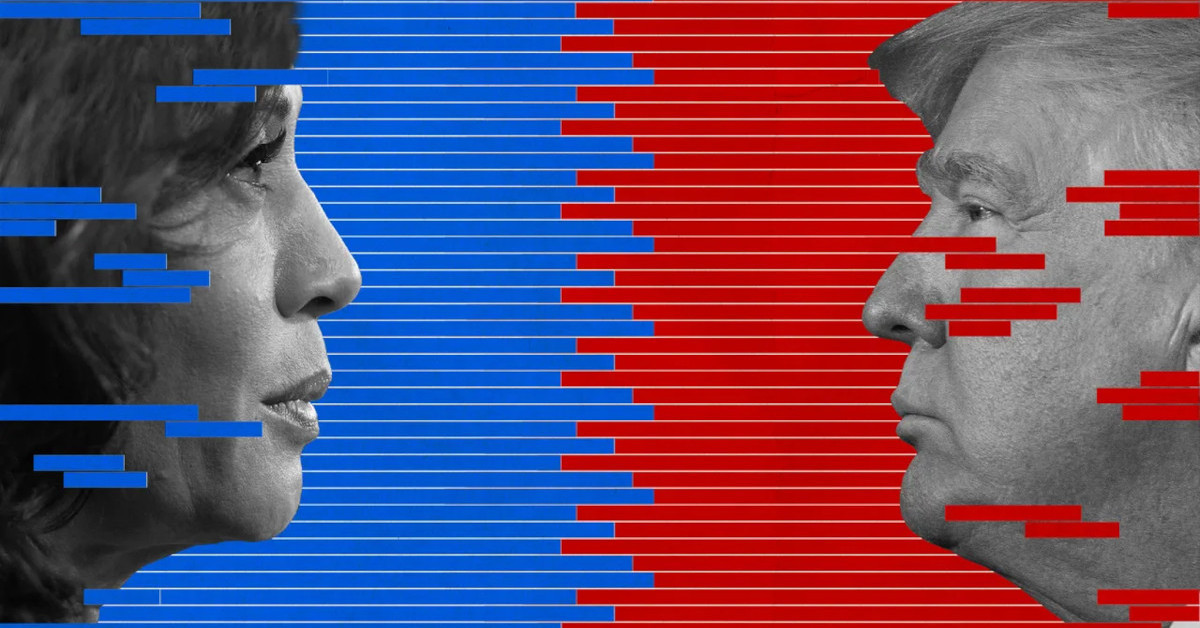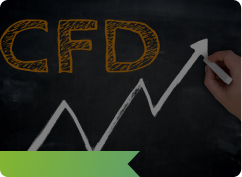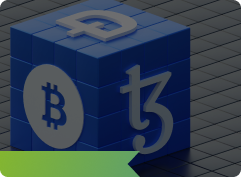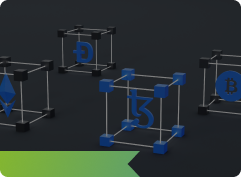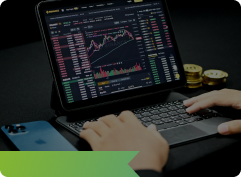Recession is closer than you think.
Earlier today, the shocking inflation data from the United Kingdom reminded us that the higher prices problem will still be there. Even if one of the G7 members has an inflation problem, we can say that it is a global issue as the global economy is connected like a chain.
According to the Office for National Statistics report, UK annual inflation in July rose by 10.1% and 0.6% monthly. That is the highest inflation rate since CPI data recording in the early 1990s. In the monthly number, we could see the easing petrol price effect; however, it was still higher than the market estimate of 0.4%.
On the production front, the numbers were even scarier. The producer prices Index rose by more than 1.6% in the month to send the annual rate to the new historical high above 17.1%. RPI was even higher; the raw material price index, the best measure for long-term inflation comparisons, is now 12.3%, the highest since March 1981.
On the Core data front, inflation excluding energy, food, alcohol, and tobacco prices rose by 6.2%, and services prices increased 5.7% from a year earlier. If we add yesterday's employment data and the Average Earnings Index in Jun, we can say that with a weakening labor market and increasing inflation, the economy which already entered the recession, with expected more tightening policies by BoE, can suffer more.
Right after the data was published, Pound rose and reversed lower. However, it is expected to have higher rates by BoE; considering similar reactions from other central banks and the slowing British economy, more likely that currency and the stock market will be under pressure.
From the technical point of view, the Cable creates a strong resistance at 1.2280. While the price moved back under 20 DMA and tried to go lower, Stochastic was also at 28, confirming bearish sentiment.
